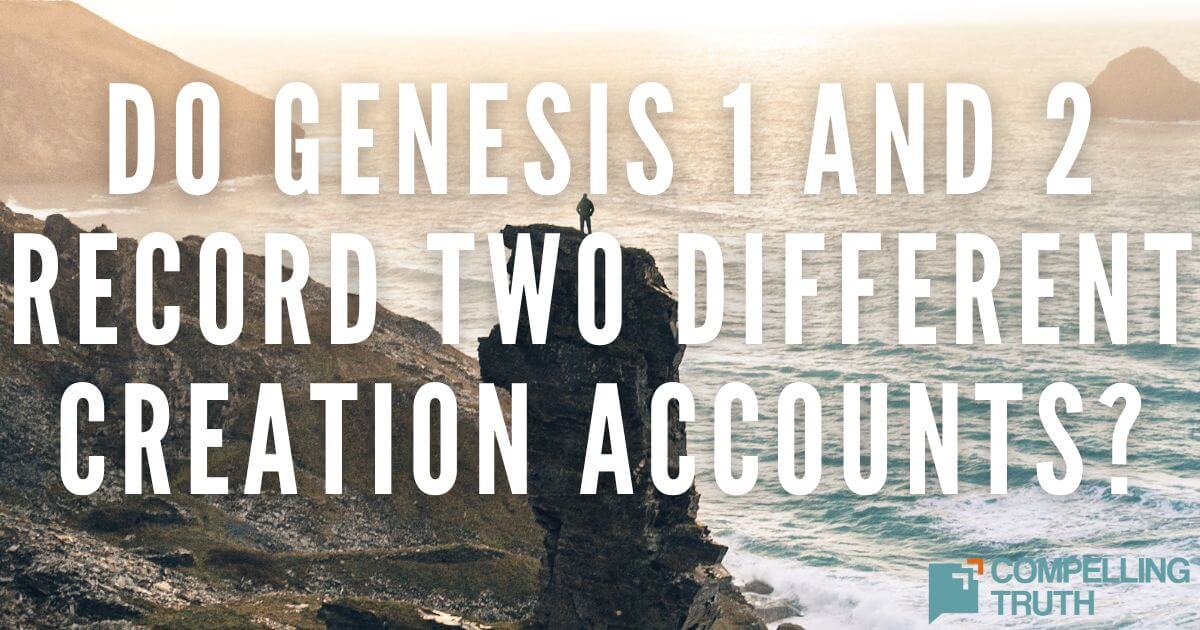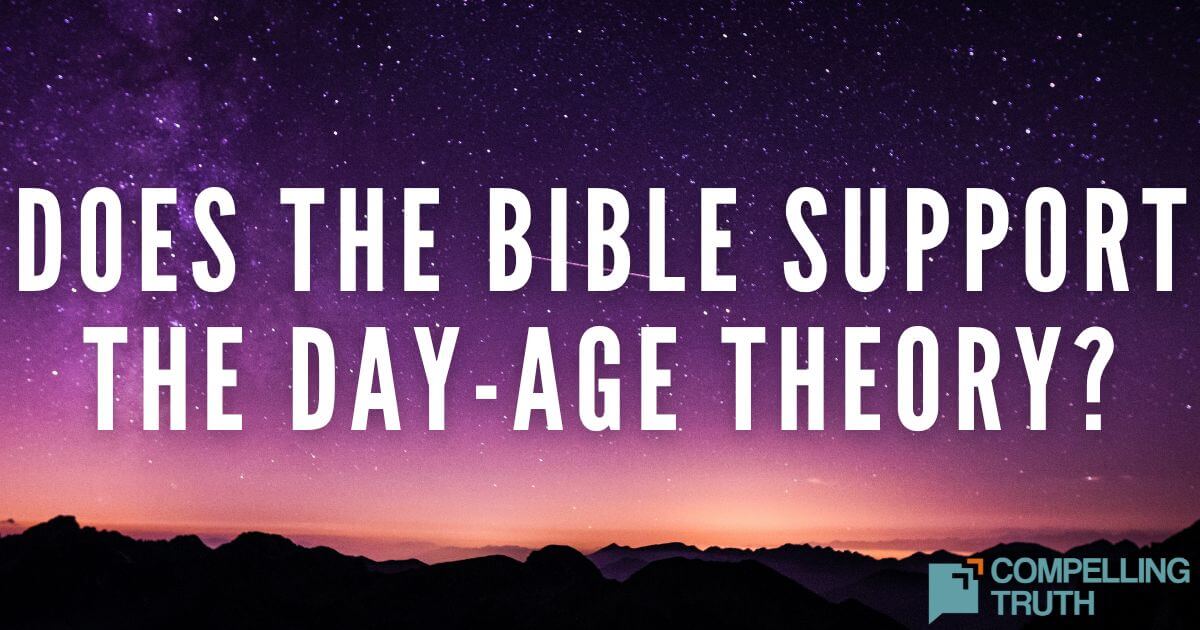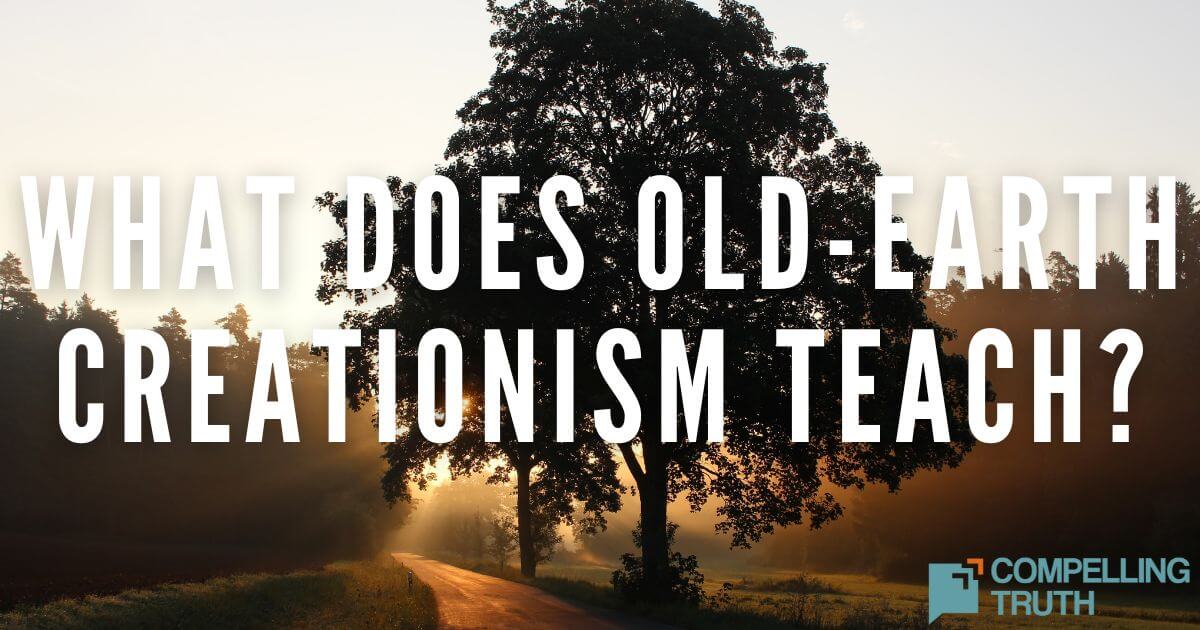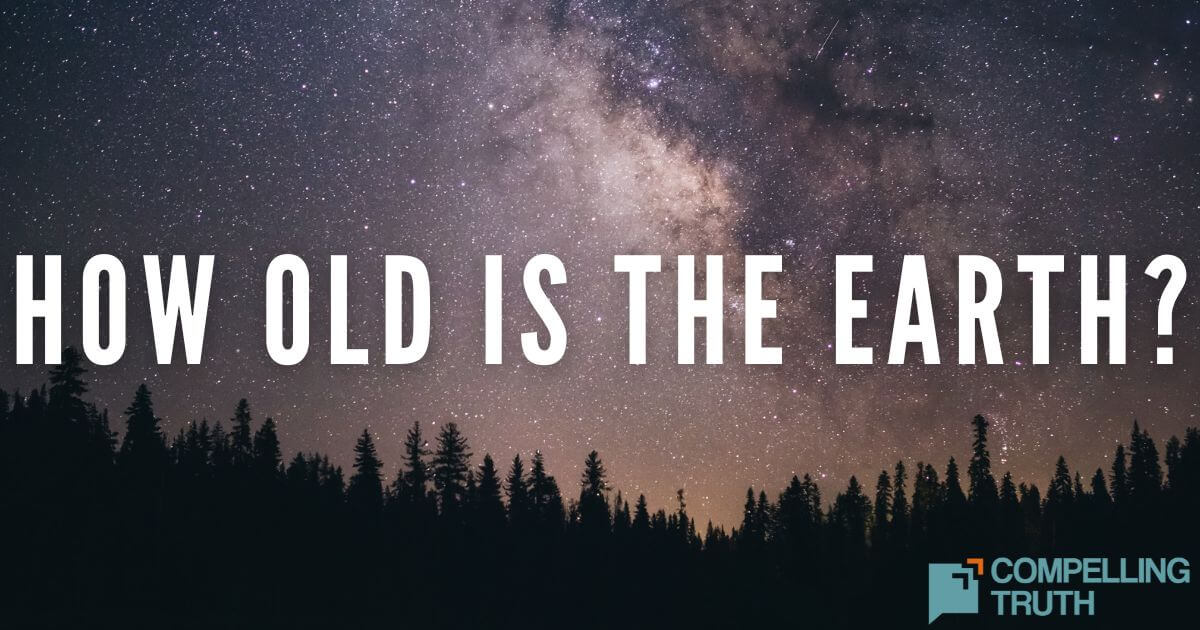what does the bible say?
The Bible does not give any indication that major events occurred between Genesis 1:1 and 1:2. Nonetheless, the gap theory proposes that between these two verses, the earth was created, a major battle of angels and demons occurred, and the earth was left desolate, making the rest of the story in Genesis 1 a story of re-creation. This view inserts an entire history in the middle of a seamless narrative. It also inserts a discussion of angelic history into what appears to be entirely about the physical world. We occasionally get glimpses into the spirit world in the Bible, but those are few and brief. The beginning of the Bible is about the physical land of the Hebrews. While it is possible that the fall of Satan (Isaiah 14:12-14; Ezekiel 28:12-18) occurred between Genesis 1:1 and 1:2, the Bible gives no indication when this took place or how long it took. The gap theory assumes it happened between the first two verses and further assumes that it took eons. Neither assumption has biblical support.




